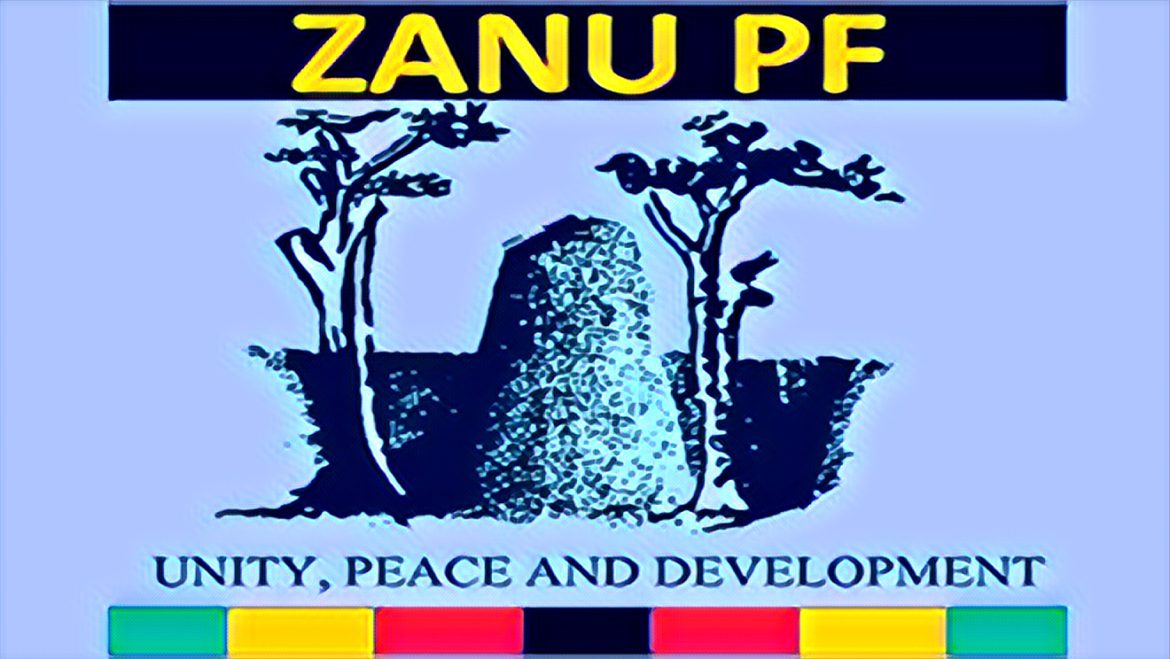In June, Zimbabwe recorded a troubling surge in human rights violations, with the ruling party, ZANU-PF, identified as the main perpetrator. According to the Zimbabwe Peace Project (ZPP), a staggering 137 cases were documented, marking a significant concern for the nation’s commitment to human rights.
The ZPP’s monthly monitoring report highlights a wide array of abuses, including assaults, intimidation, and harassment. These incidents occurred against a backdrop of political tension, with ZANU-PF allegedly targeting opposition members, activists, and ordinary citizens.
The report outlines several disturbing cases. In Mashonaland Central, opposition supporters were reportedly beaten by ZANU-PF activists. Similar incidents were noted in Manicaland and Masvingo provinces, where individuals were harassed and intimidated for their political affiliations.
This wave of violations is part of a broader pattern seen over the past year. Human rights organizations have repeatedly called for an end to political violence, but the situation appears to be worsening as Zimbabwe approaches its 2023 general elections. The heightened political rivalry and crackdown on dissent suggest a grim outlook for the coming months.
One particularly alarming trend is the increasing use of food aid as a political tool. Reports indicate that ZANU-PF is manipulating aid distribution, favoring its supporters and denying assistance to those aligned with the opposition. This tactic exacerbates the hardships faced by many Zimbabweans, who are already struggling with economic challenges.
The ZPP has called for urgent intervention from both local and international bodies. “The government must take immediate steps to protect citizens and uphold human rights,” urged Jestina Mukoko, the ZPP’s director. She emphasized the need for independent investigations and accountability for those responsible for these abuses.
Despite the grim findings, there is a glimmer of hope. Civil society organizations and human rights defenders continue to work tirelessly, documenting violations and advocating for justice. Their efforts have brought international attention to the situation, putting pressure on the Zimbabwean government to address these issues.
Additionally, the international community has shown increased interest in Zimbabwe’s political landscape. The United Nations and various human rights groups have condemned the reported abuses and called for reforms. Such global scrutiny is crucial in holding the government accountable and ensuring that the rights of all Zimbabweans are respected.
In conclusion, the recent report by the ZPP paints a bleak picture of the human rights situation in Zimbabwe. However, the resilience and determination of civil society organizations offer a beacon of hope. With continued advocacy and international pressure, there is potential for positive change and a future where human rights are upheld for every citizen.
Source: New Zimbabwe


